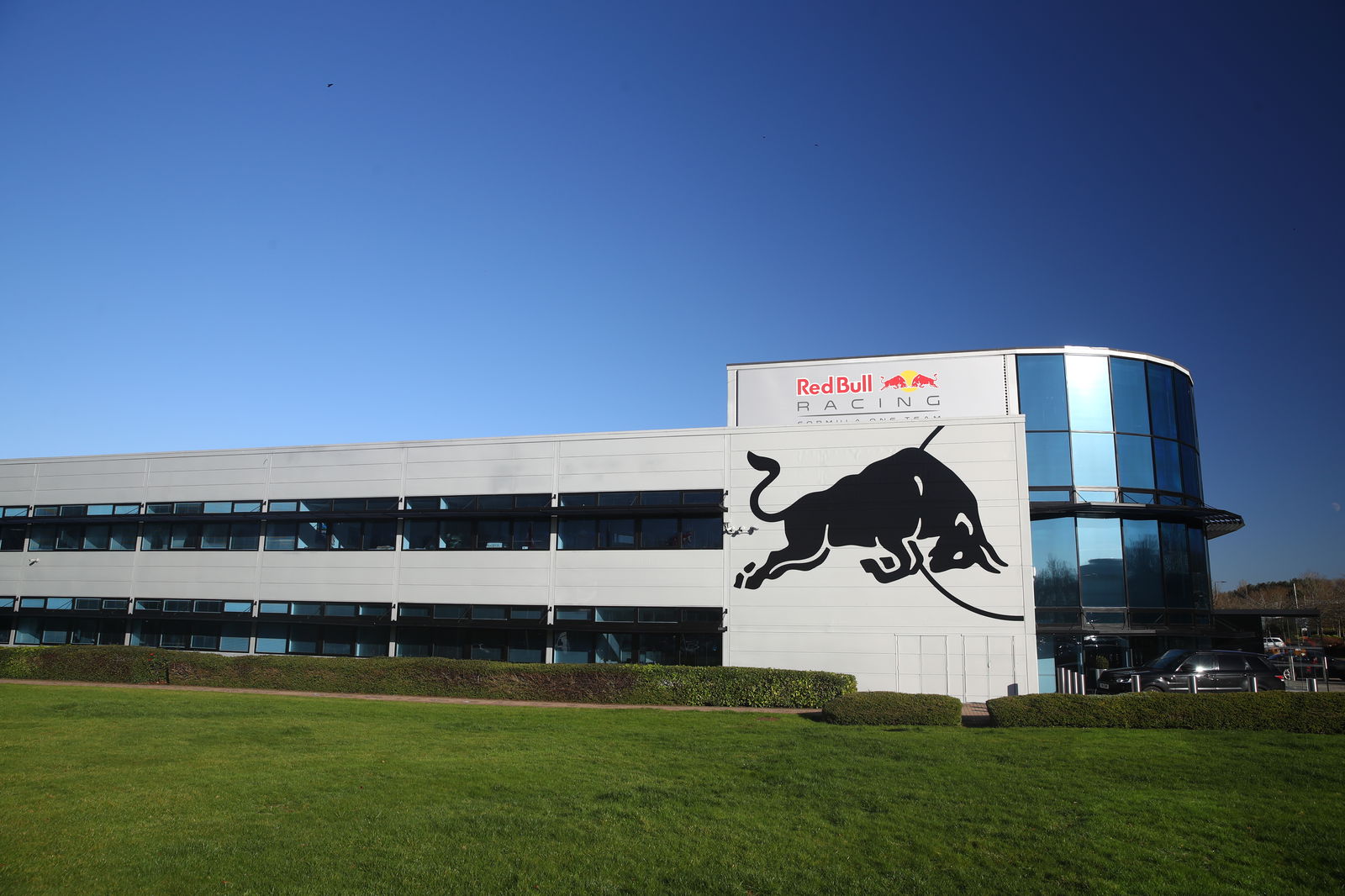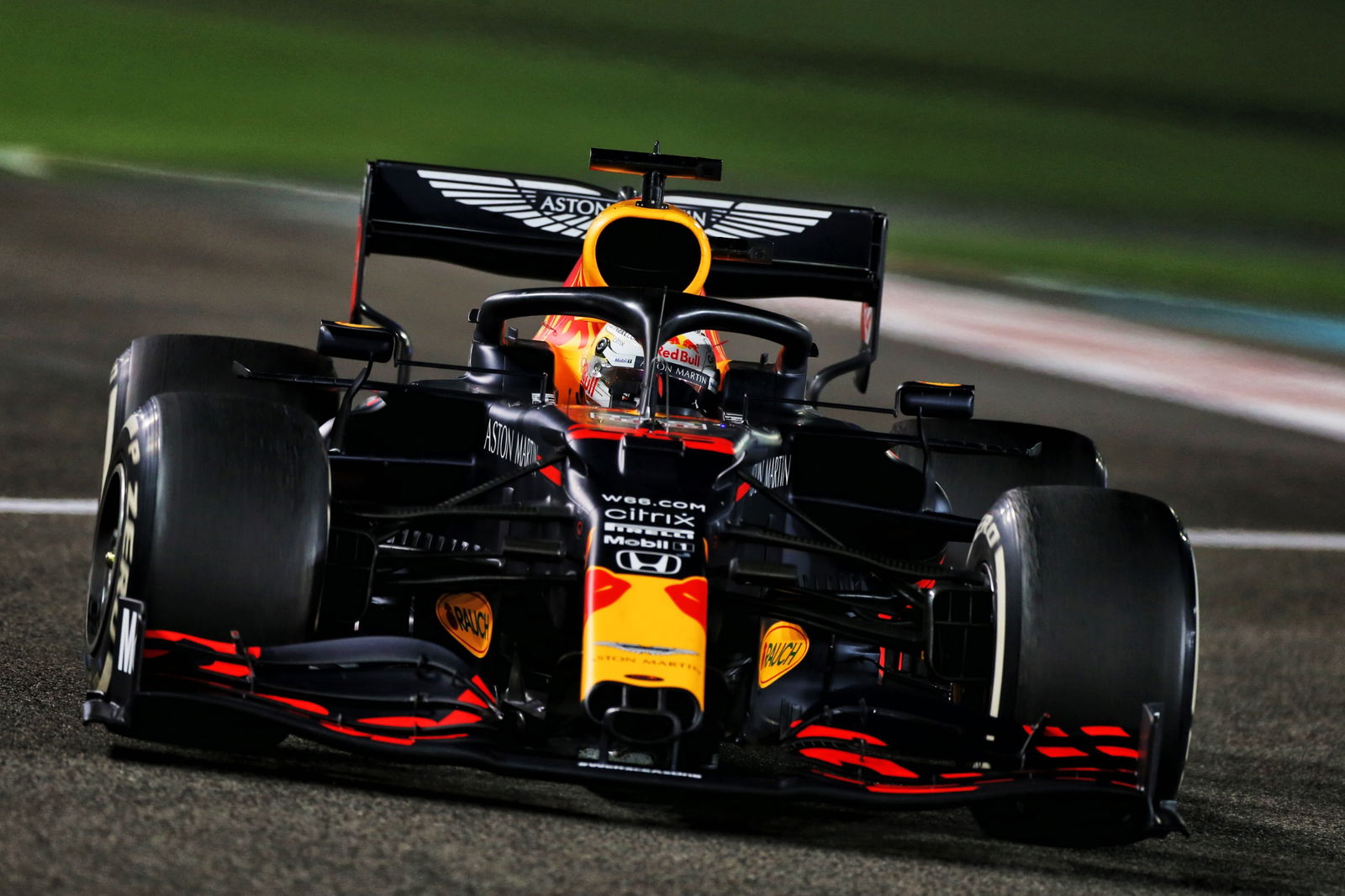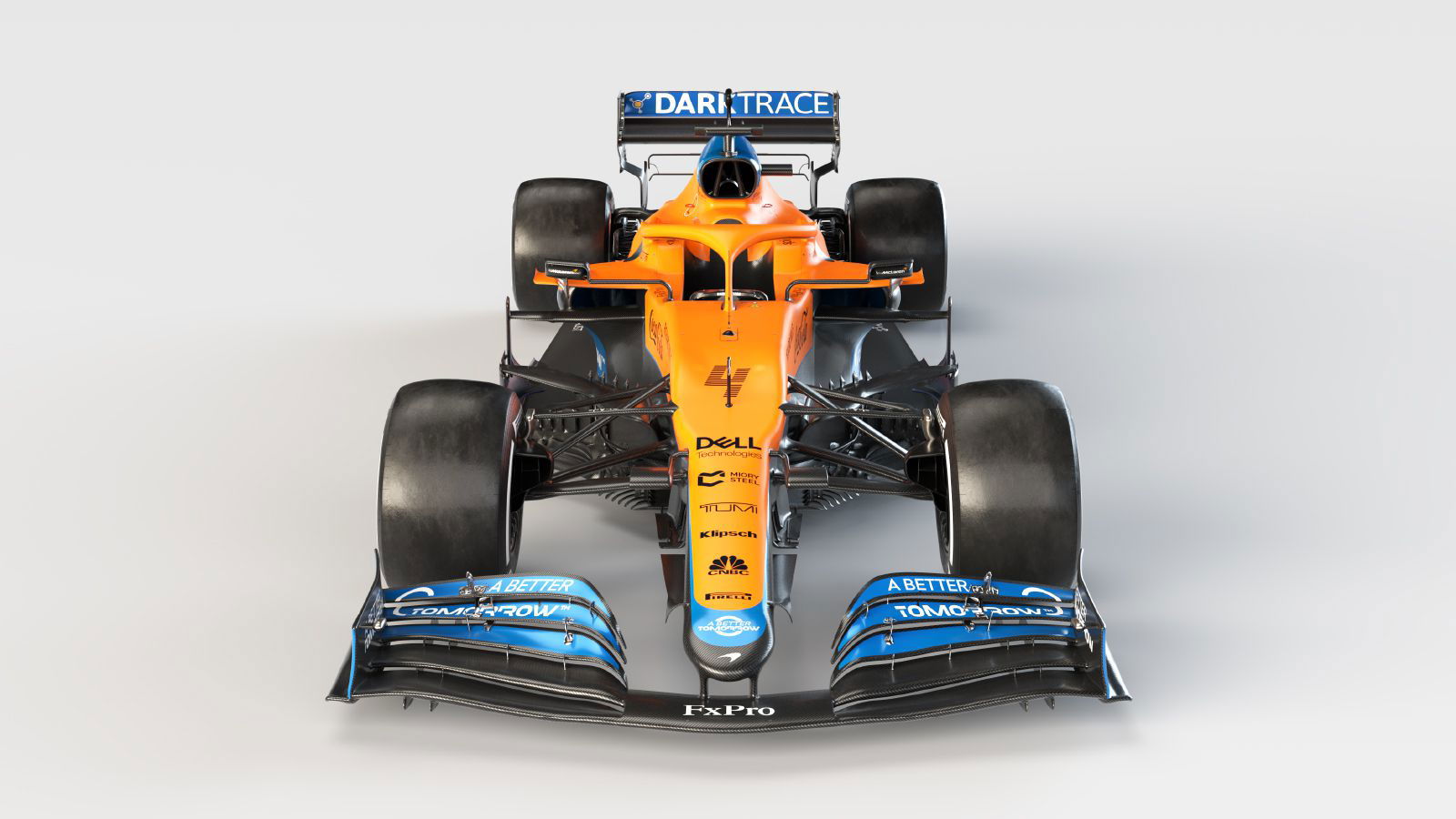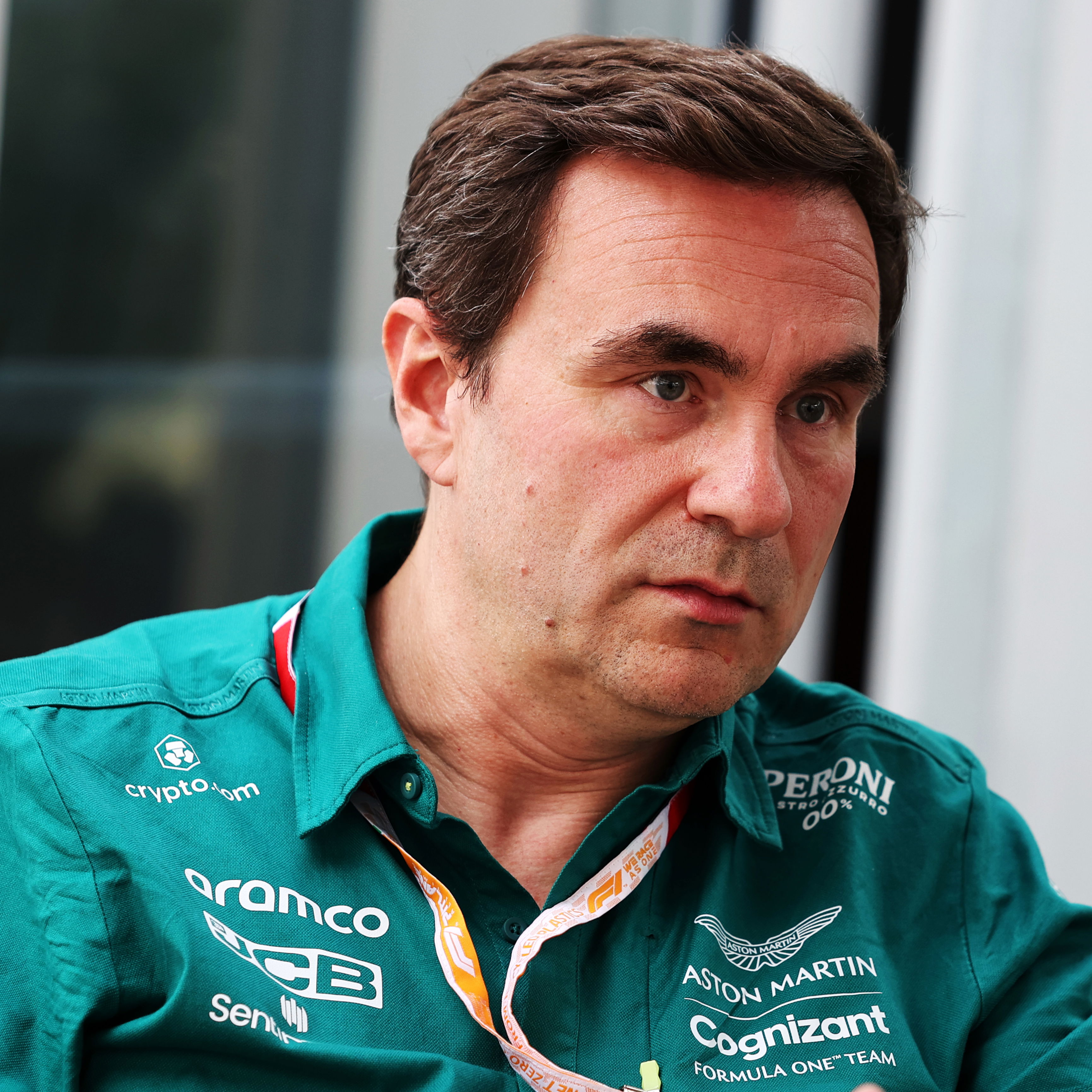What the Honda F1 engine deal means for Red Bull - and could it go it alone?

Red Bull will race on with Honda power units from next season until the end of 2024 in a significant deal for the team and Formula 1.
The move is a hugely important one for Red Bull, following Honda’s decision to quit F1 at the end of the year, and it now has long-awaited confirmation of its power unit plan until the next-generation engine is introduced in 2025.
But how did it come about, and what does it mean for Red Bull going forwards?
How the deal came about
Ever since Honda announced at the beginning of October that it was to leave F1 at the end of 2021, Red Bull has been evaluating how best to move forwards following the shock news.
After concluding that its best, and most competitive, option was to continue to use Honda’s power units without needing to fund their own development programme - and avoiding becoming a customer team with another manufacturer - Red Bull began lobbying for a freeze on engine development.
Following a number of delays, the issue of an F1 engine freeze was finally voted on during a meeting of the F1 Commission last week, with all 10 teams and four existing power unit manufacturer’s unanimously approving a freeze from 2022, meaning the power unit introduced for next year will be locked in place until the end of 2024.
The move opened the door for Red Bull to finalise a deal for it and sister squad AlphaTauri to continue using Honda’s power units, with an announcement coming on Monday morning that an agreement between the two parties had been reached.
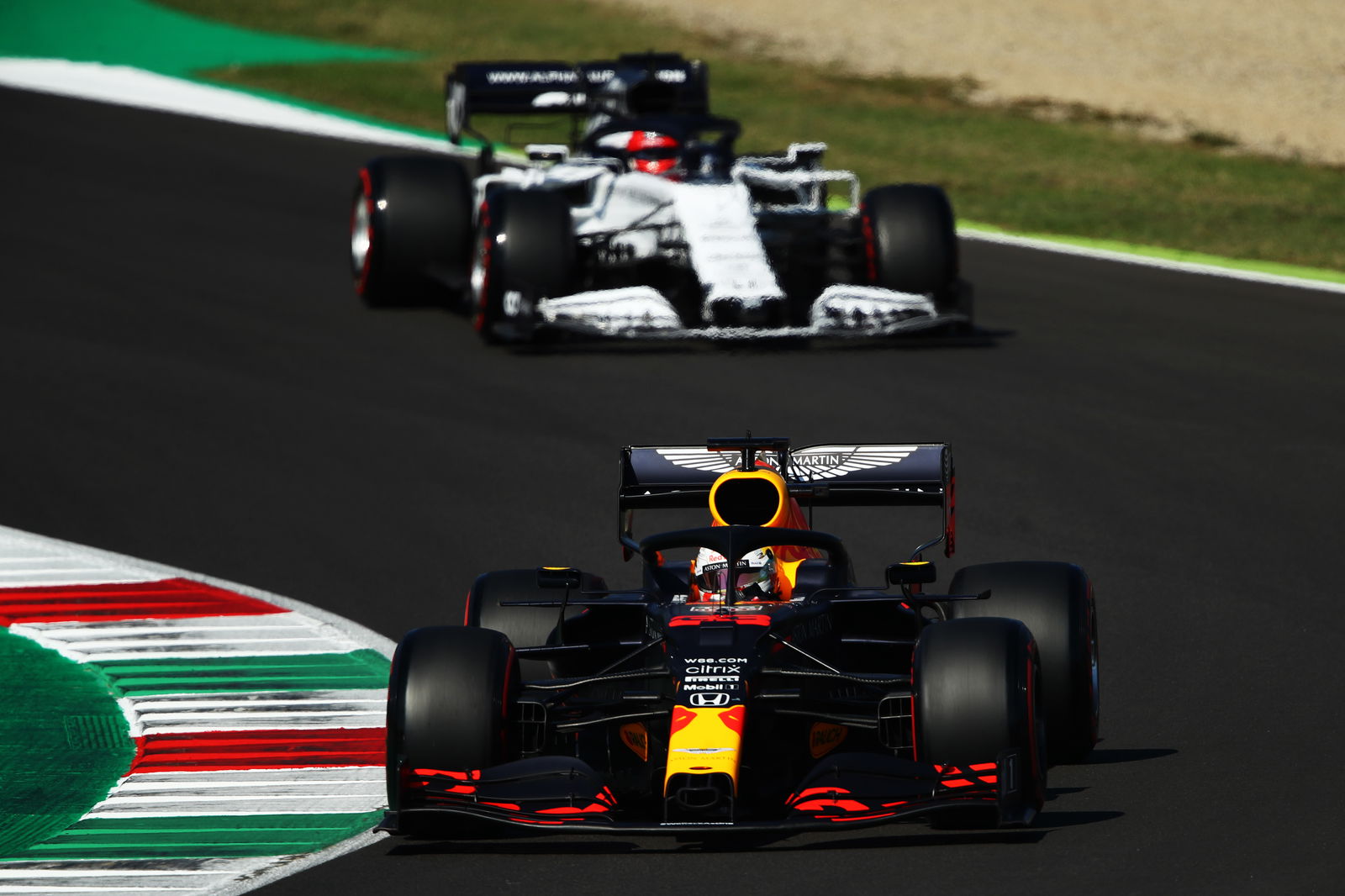
What does it mean for Red Bull and Verstappen?
An engine freeze and Honda continuation project marks the best possible outcome for Red Bull.
Honda said the agreement was the “right thing to do'' for both teams they supply and for the sport as a whole, with Red Bull getting the deal it so badly craved.
Significantly, the Milton Keynes outfit has successfully avoided the embarrassment of having been forced back into using Renault engines as a customer team - which would have been the most likely scenario had a deal between Red Bull and Honda fallen through.
With Honda going all out in its final year as an official F1 power unit supplier - by introducing an upgraded all-new engine - Red Bull can now focus all its efforts on a bid to turn in a greater challenge to Mercedes for the world championships.
The deal will also come as welcome news to star driver Max Verstappen, who made it clear that the team’s partnership with Honda was a big selling point in his decision to extend his Red Bull deal until the end of 2023 at the start of last year.
Amid rumours of an exit clause in Verstappen’s contract at the end of 2021, Red Bull will hope its continuation with a competitive Honda power unit will help persuade the Dutchman to keep the faith in its project heading into F1’s sweeping regulation changes in 2022.
.jpg?width=1600)
Could Red Bull go it alone from 2025?
The most eye-catching detail from the announcement was Red Bull’s decision to form its own powertrain division - Red Bull Powertrains Limited - to run the project at its enhanced Milton Keynes facility, creating the intriguing possibility that Red Bull could produce its own F1 power unit when the next engine cycle comes into effect in 2025.
Red Bull was previously adamant that it did not have the resources to fund an in-house development project amid the complexities and high costs of the current engine rules, but with new cheaper power unit rules coming into play from 2025, that could open the door to creating its own hybrid engine.
That would give Red Bull a full works’ capacity, in line with similar operations carried out by its biggest rivals Mercedes and Ferrari, and might even catch the attention of F1 hybrid engine guru Andy Cowell, who is currently undertaking a period of gardening leave having played an instrumental role in helping to mastermind Mercedes’ dominance of the V6 era.
Investing in its own power unit project would be a bold move that would certainly align with the team’s vision to return to its former championship-winning days. Either way, Red Bull is now in charge of its own destiny, and we will have to watch this space…
